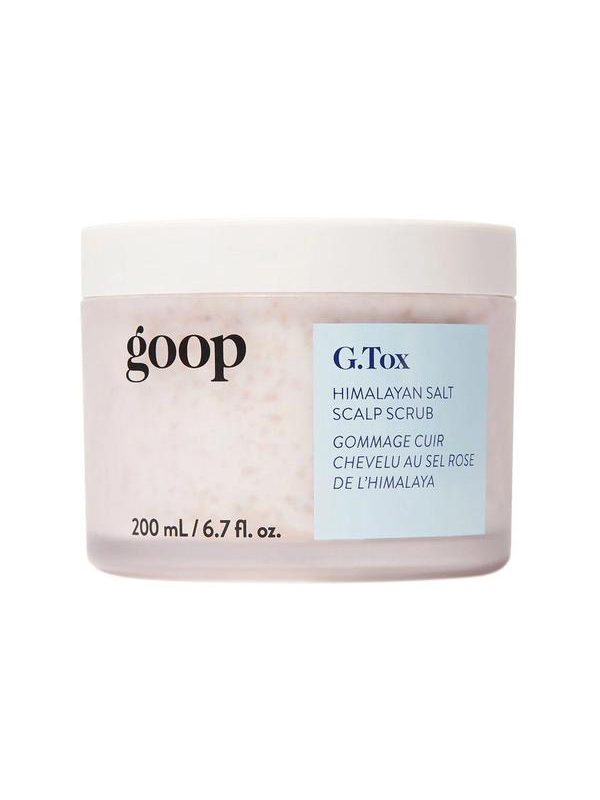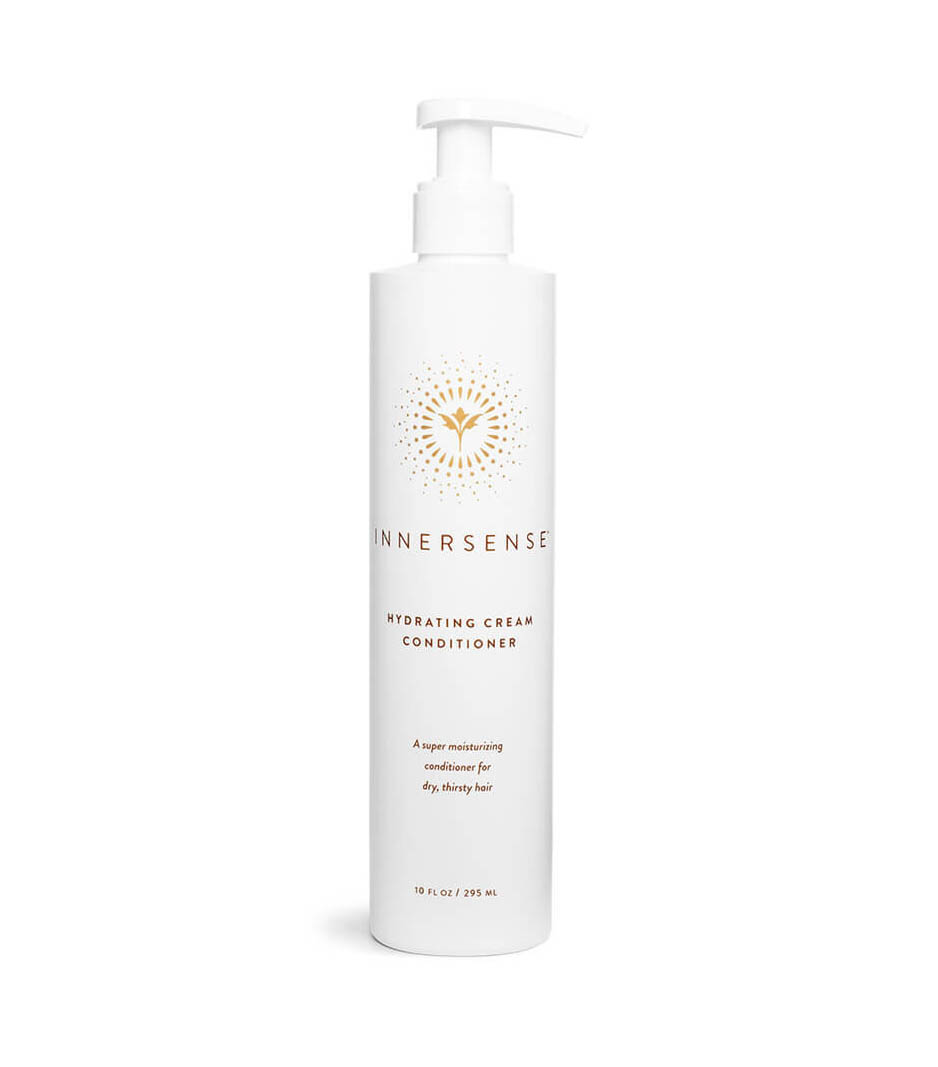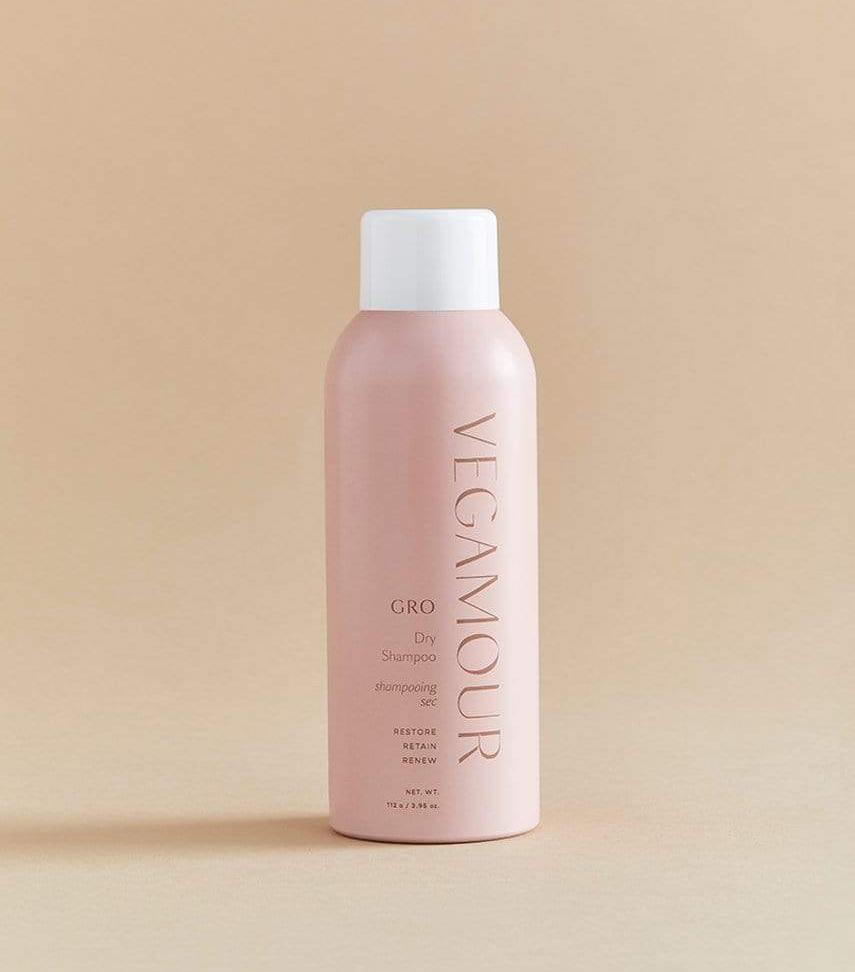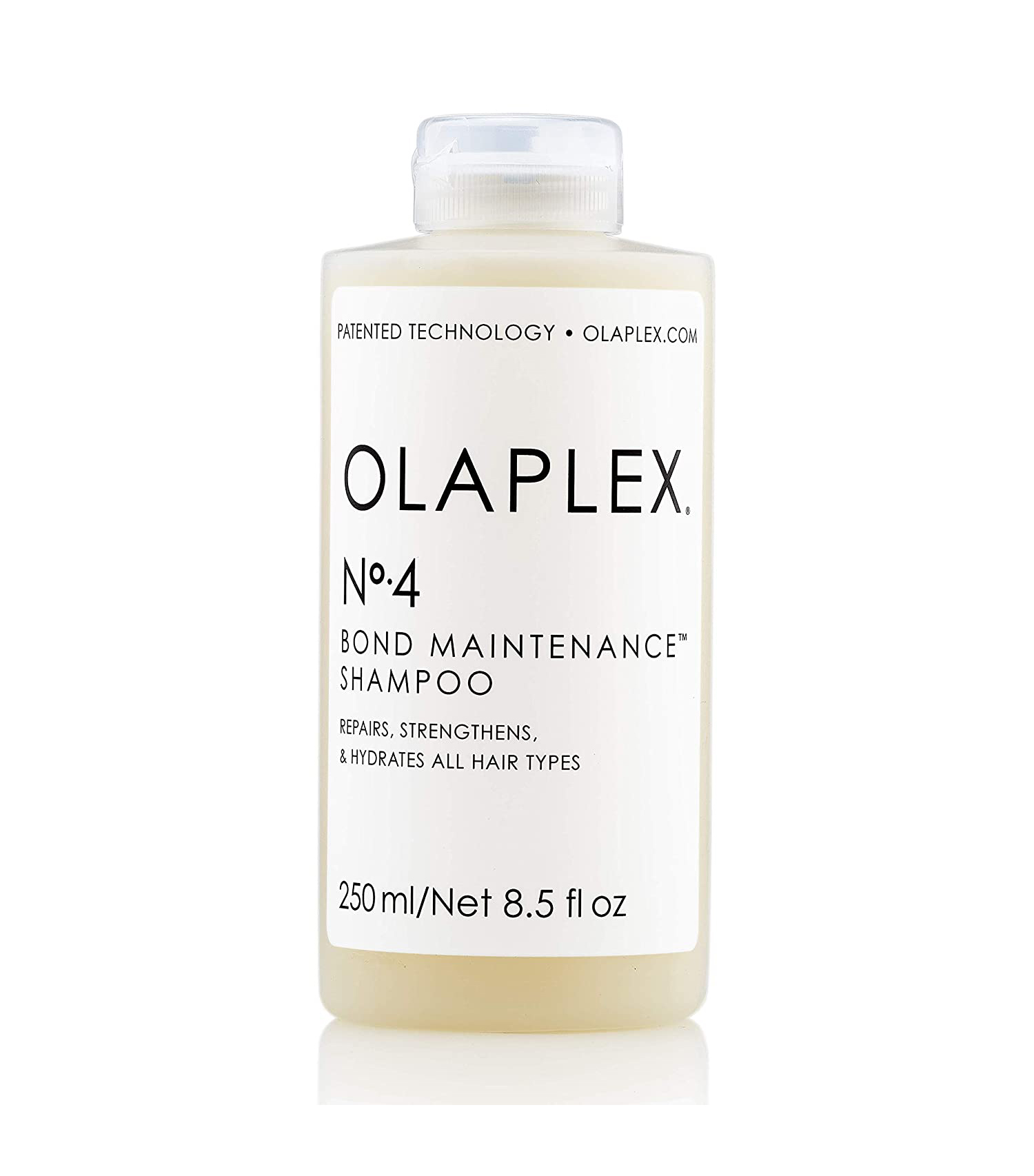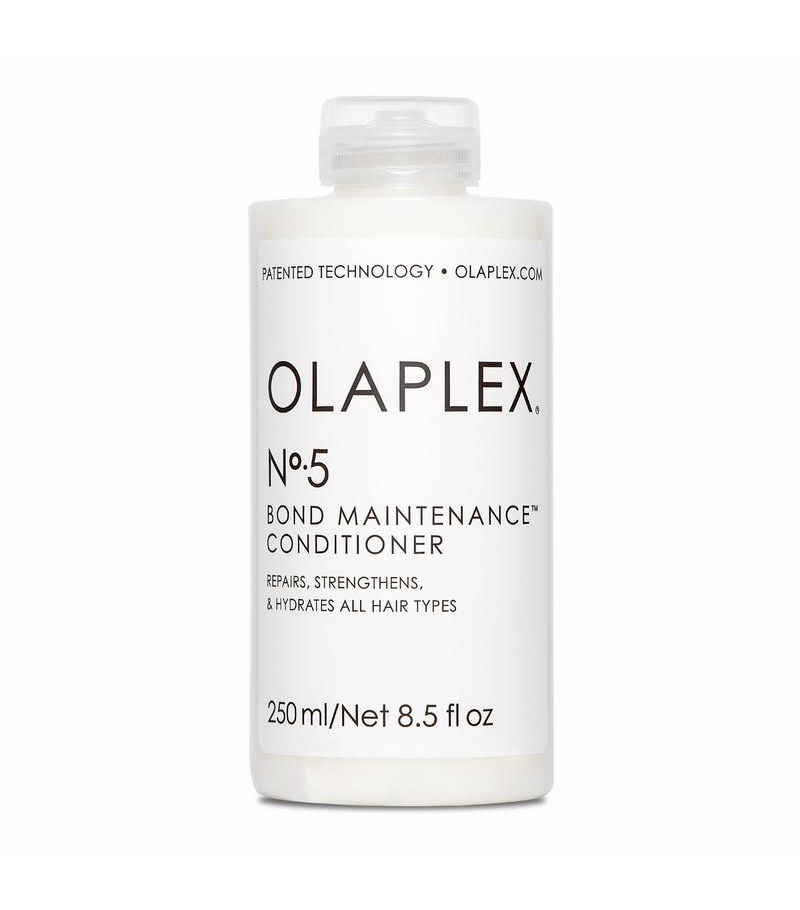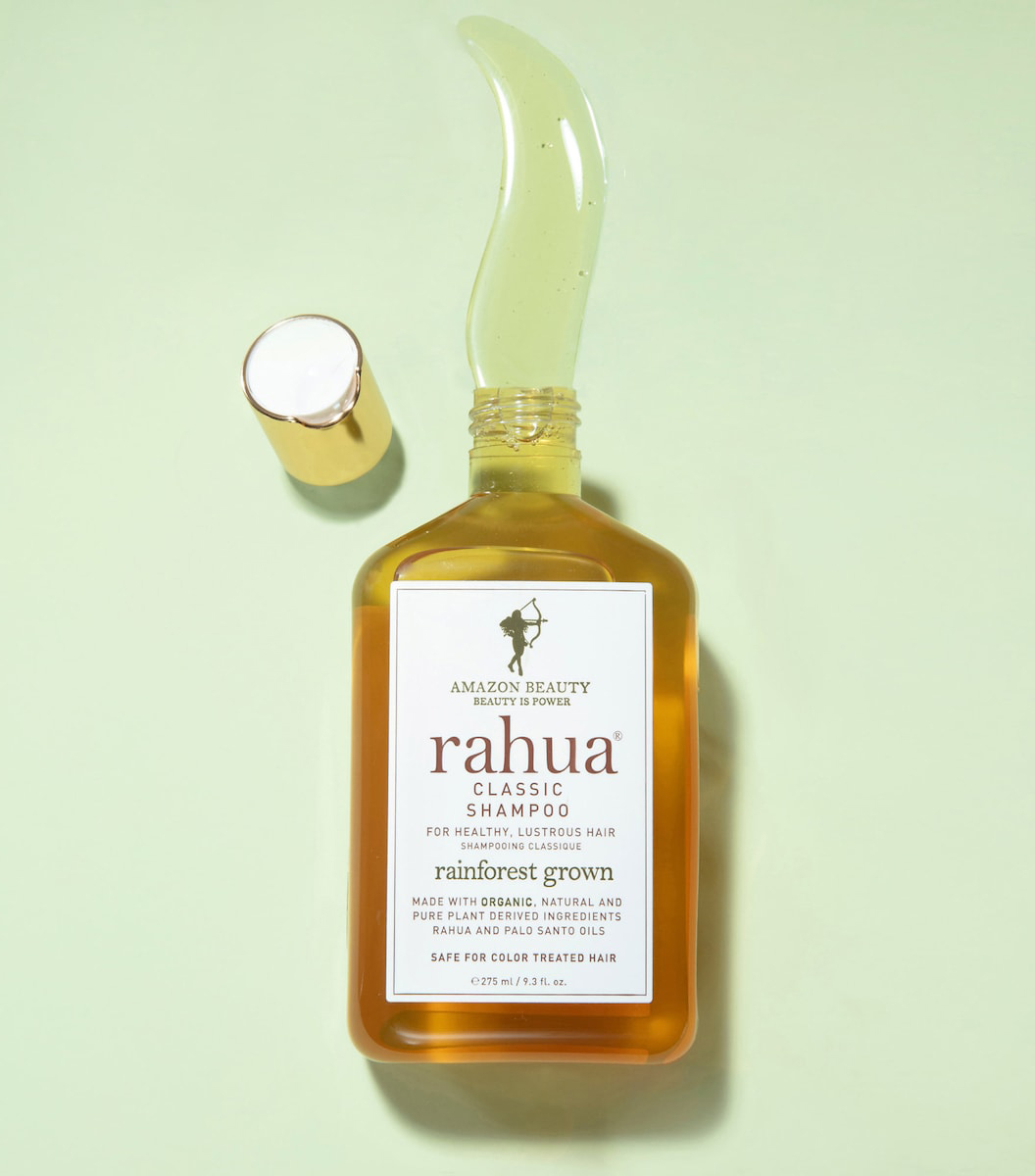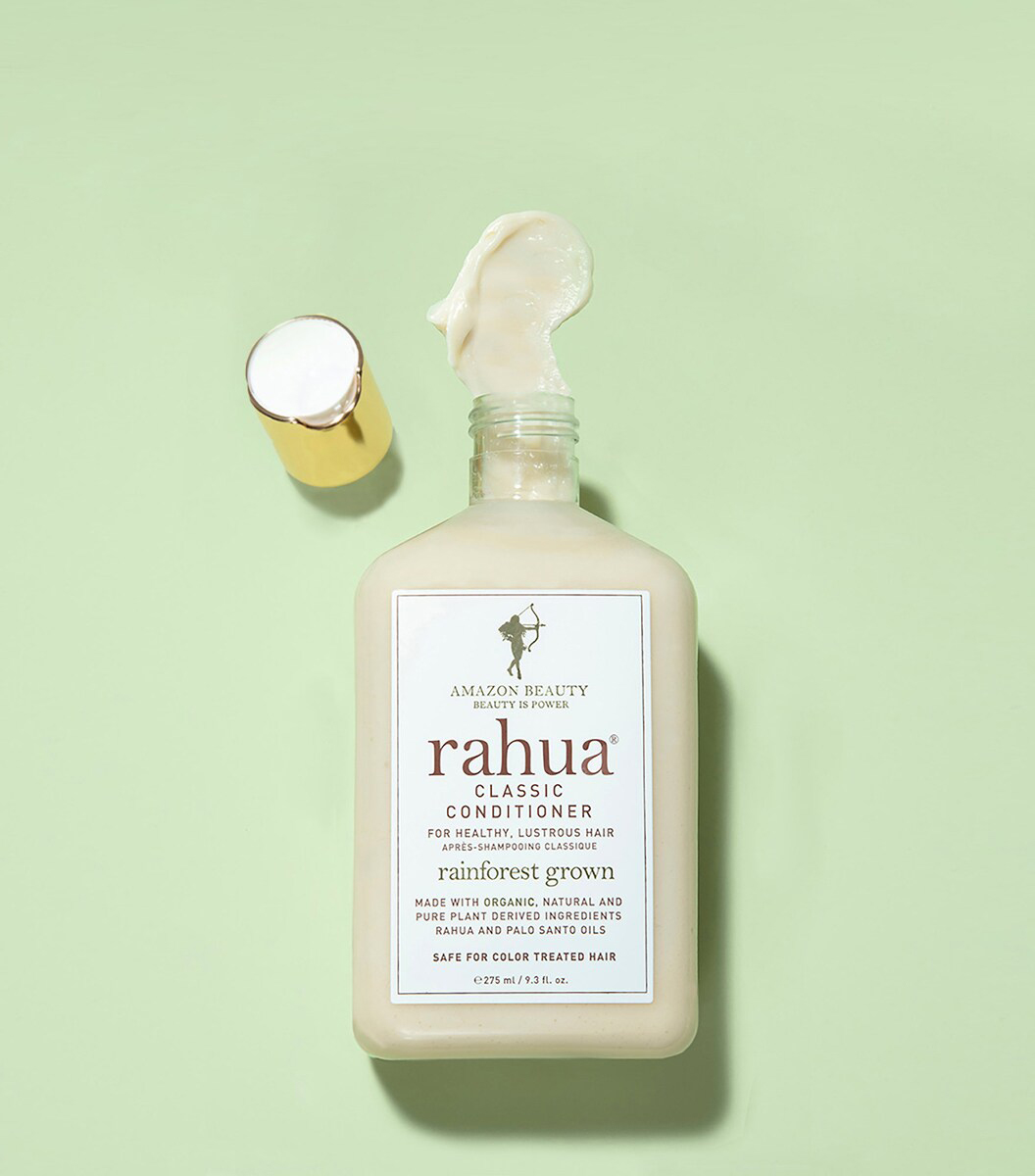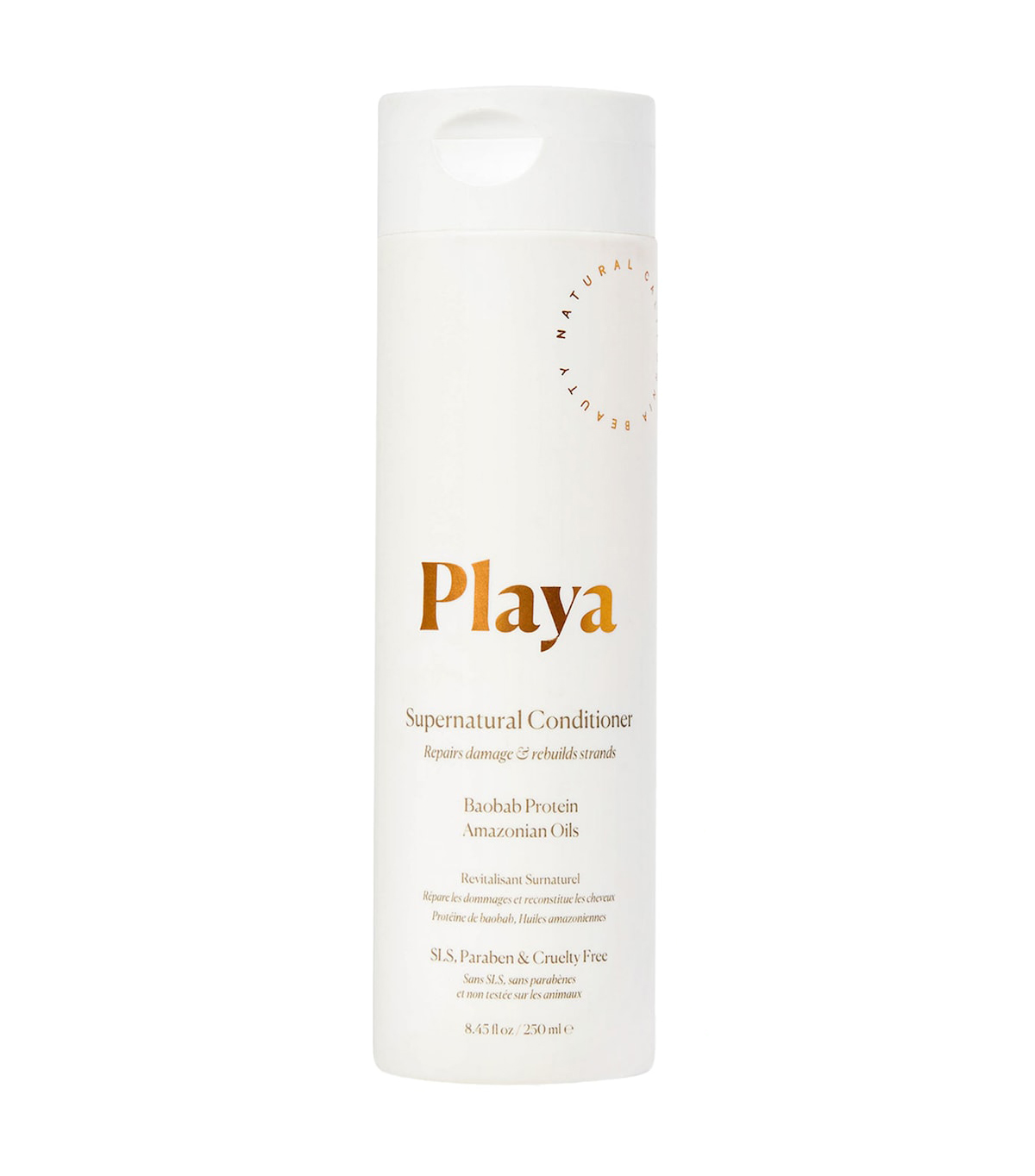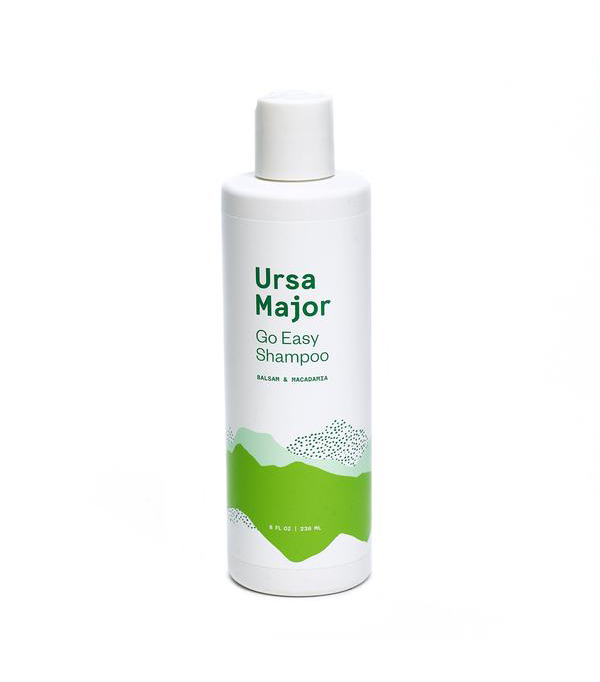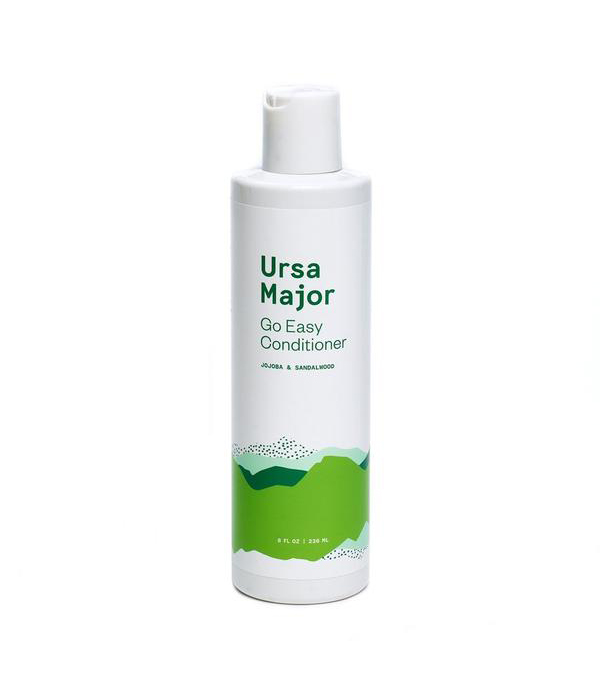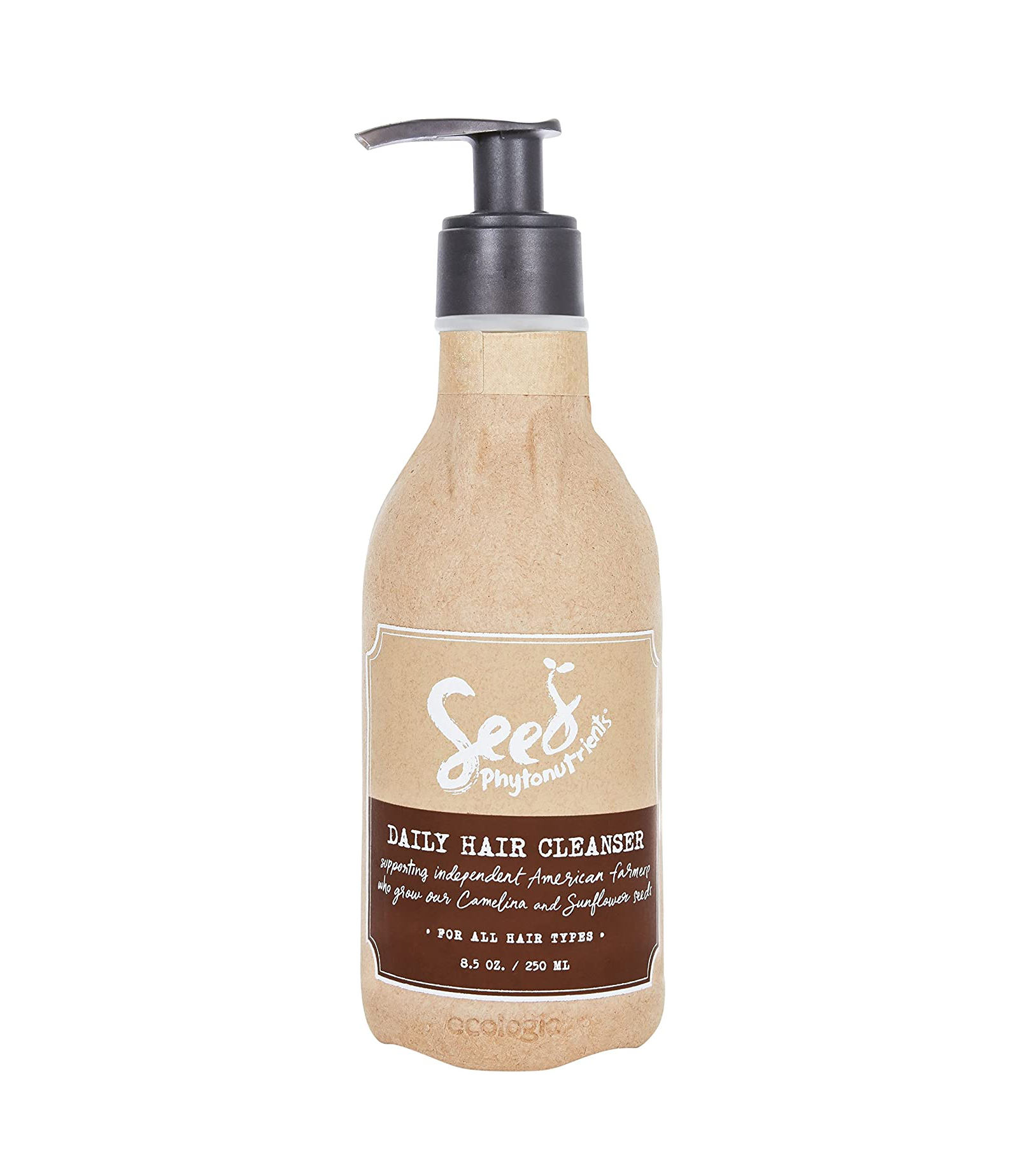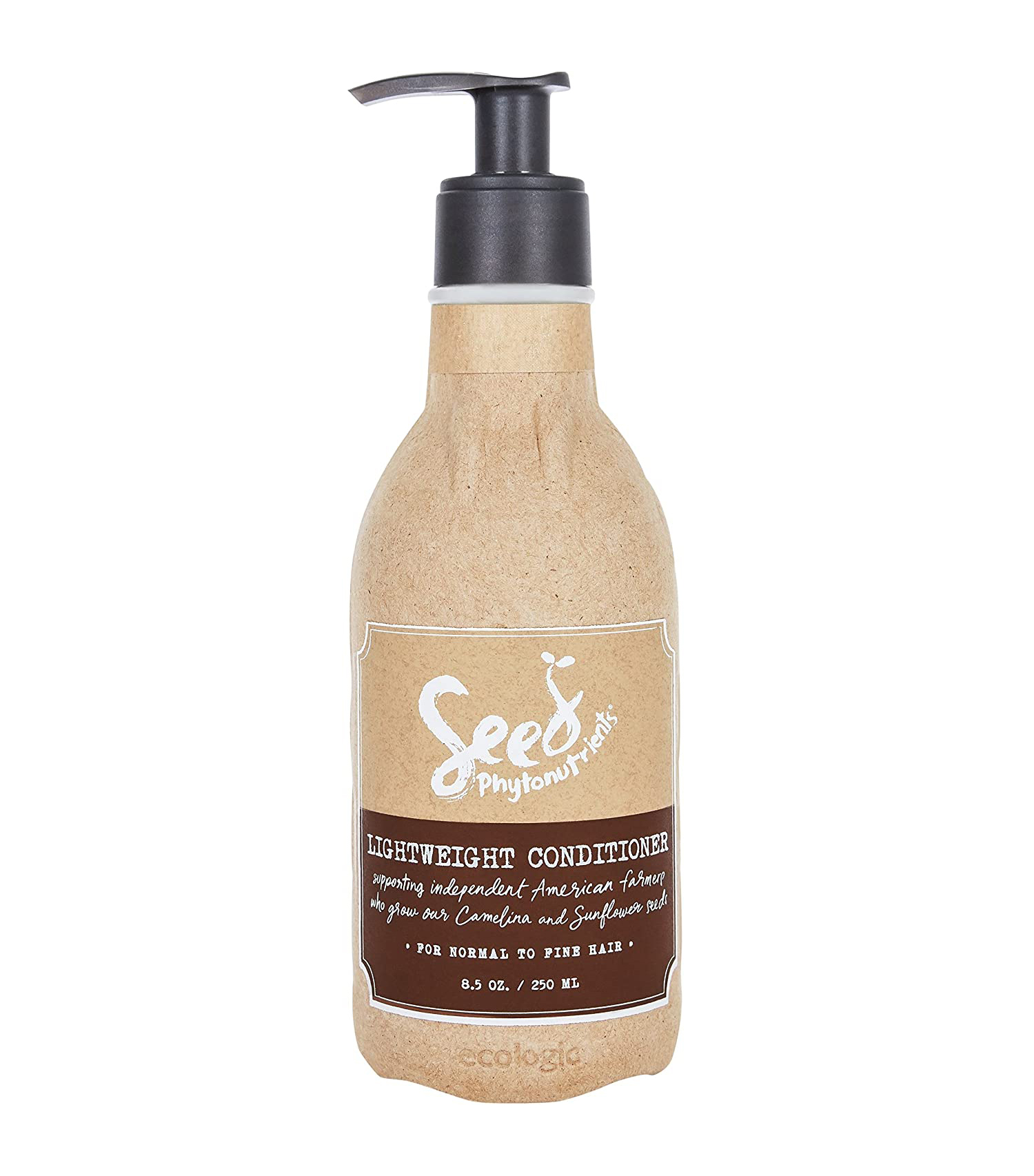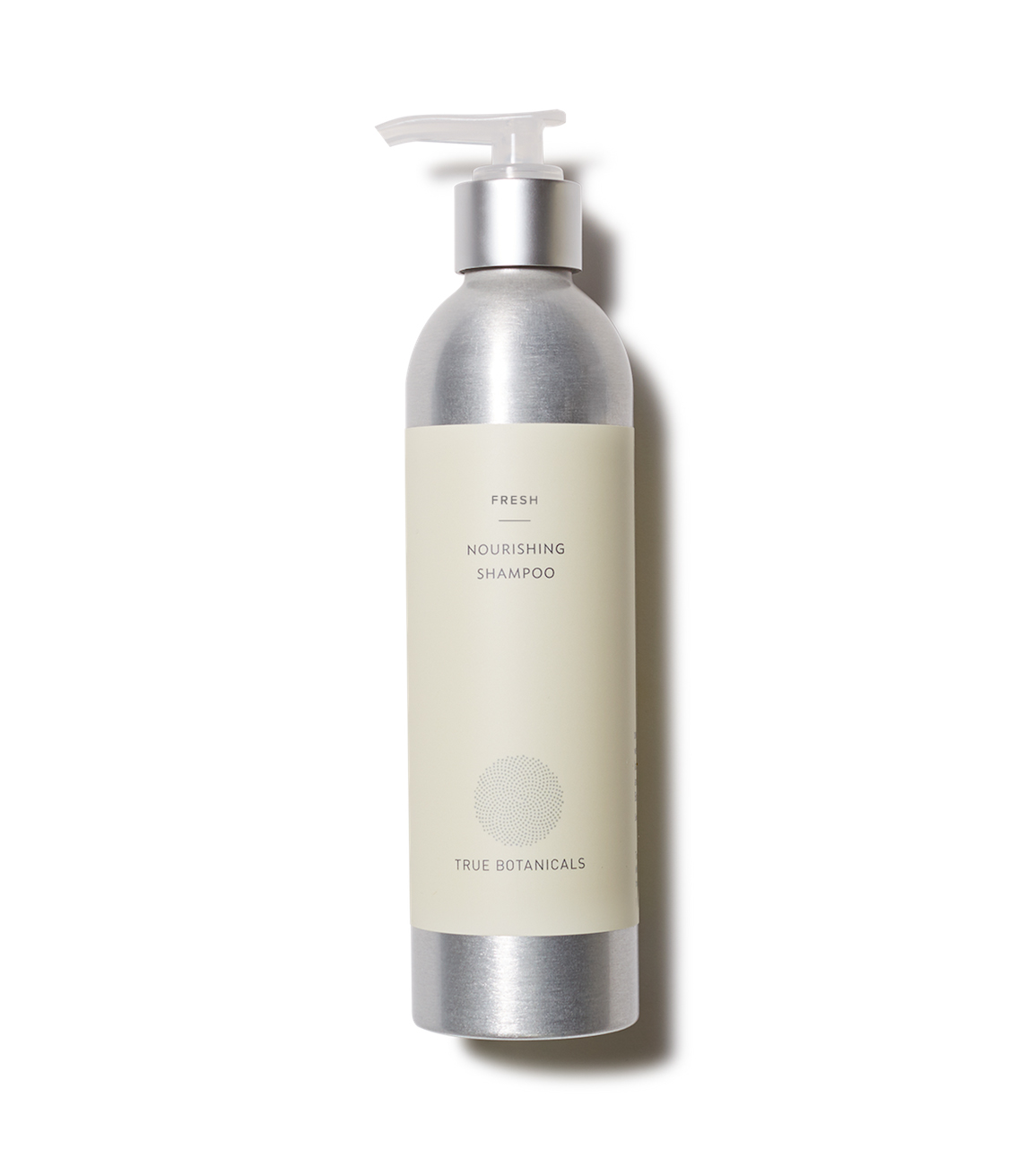The Surprising Thing I Learned When I Overhauled My Hair Routine
When it comes to my hair, I'm 100% not high-maintenance about it. Aside from occasionally using a flat iron, I don't style it very often. Even before quarantine and WFH life, I would blow-dry my hair maybe twice a week, and the rest of the time, I would air-dry it. When it comes to products, I don't have a huge inventory of stuff. Some hair spray, dry shampoo, shampoo, and conditioner is all I really need. It's really bare bones over here.
But ever since I've been writing more and more about beauty, I've been moved to overhaul and rethink my beauty routine. And that includes my hair routine, even if it's pretty nonexistent.

One thing that I've been interested in is learning more about clean beauty and what that means—which ingredients aren't "clean," which are, and what are the pros and cons. So when I recently decided to take a good look at my bare-minimum hair routine, I wanted to learn more about the organic and clean shampoos and conditioners out there.
Even though I don't use very many hair products, all the products I do use are definitely not in the "clean" category. So I asked Joshua Pierce, education manager at Credo Beauty, for a breakdown of what it exactly means when a shampoo or conditioner is labeled "organic" or "clean." Here's what I learned.
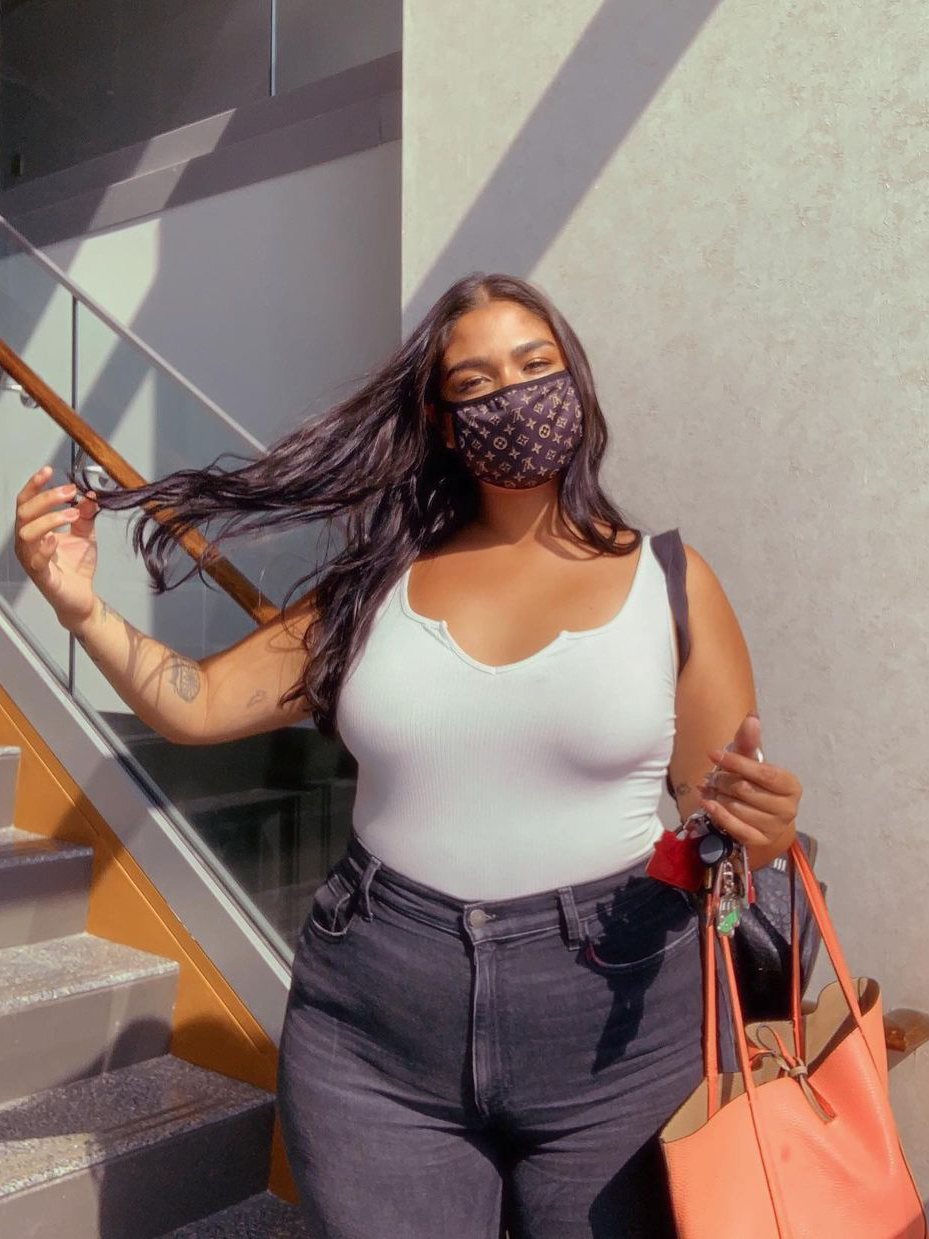
What organic or natural really means: "Organic ingredients come from nature… But it goes deeper than that," Pierce explains. "These ingredients are grown without the aid of dangerous pesticides and in certified soil for three years! Natural (non-synthetic) ingredients can be found in nature and have the same, or mostly the same, chemical form as the ingredient in the product (e.g., fruit seed oils and essential oils)."
These ingredients can help: For specific haircare needs, Pierce says aloe vera is great for nourishment and follicle stimulation and that rosemary can balance and purify the scalp. For hydration, look for shea butter.
Avoid these ingredients: "There are lots of studies around the safety profile of ingredients that can potentially lead to cancer, endocrine disruption, asthma, etc.," he explains. "Without a doubt, ingredients like synthetic fragrance can dry your hair out. Silicones can cause buildup on your scalp and hair, which can alter the texture and complicate your styling efforts."
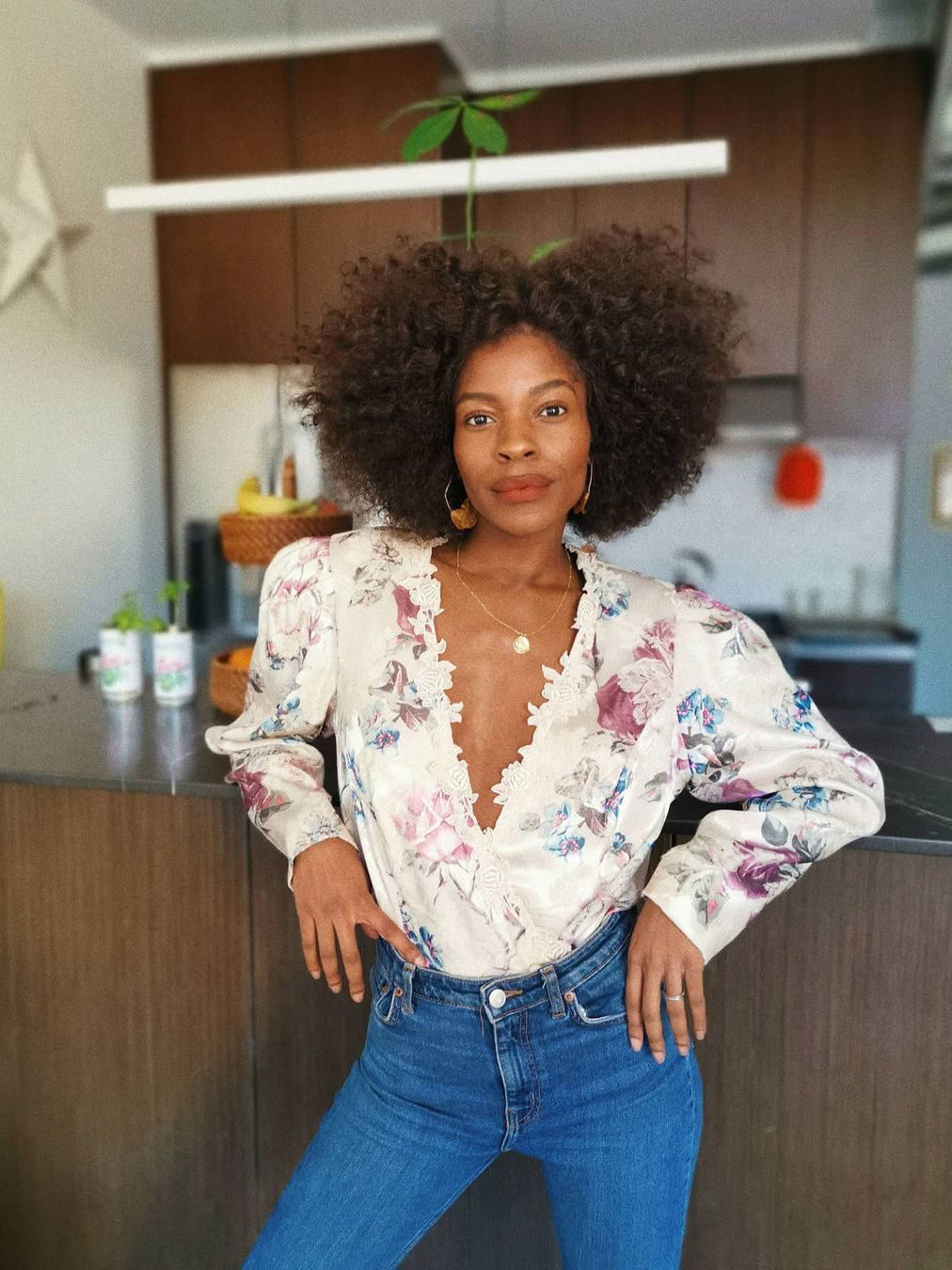
You'll experience major textural differences: This one really surprised me. I didn't realize that a natural or organic shampoo does not give you that rich, sudsy lather that you get from regular shampoos. But just because you're not seeing the suds, that doesn't mean it isn't working. "You get that effect from harsh detergents that can actually strip your hair of much-needed moisture protection," Pierce says. "Clean formulas generally boast a richer texture but come without the drying suds. Or you may even find formulas that offer lighter-weight hydration through plant-based amino acids. These are perfect for folks with lighter texture to their hair, as they don't weigh down your mane."
You'll also experience some "side effects": Your hair and scalp might feel drier or more oily as you make the transition to "clean" shampoos. "In no certain terms, the hair does go through a transformation when switching to a clean formula," he explains. "You relieve your scalp and hair from years of silicone buildup! Not only that but now, your hair can receive more luxe hydration without the barrier of icky buildup."
Some products can help the transition: "Find a clarifying product for your first wash," Pierce recommends. "Goop G.Tox Himalayan Salt Scrub Shampoo ($42) is incredible for cutting through the hair gunk. Follow it up with a deeply nourishing conditioner or hydrating mask. From there, explore the different textures of haircare to find what's right for you. Coarser hair tends to respond better to deep hydrators like shea butter and coconut. And softer hair textures respond well to aloe, sunflower, and soy amino acids."
Organic Shampoos and Conditioners to Try
Ready to make the switch? Here are some our editors recommend:
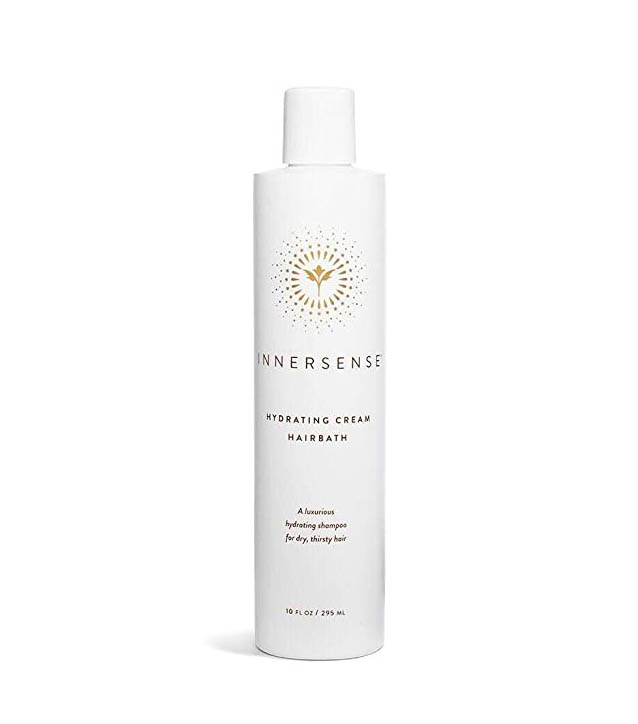
"Innersense Organic Beauty is a fabulous line for all hair types," Pierce says. "I love it because they make wonderful products for my hair type (which is on the coarser side and curly). I specifically use their Hydrating Hairbath and Hydrating Conditioner. They leave my curly hair lush with hydration without making it heavy and coated. They really do make it so much easier to style my curly coif!"

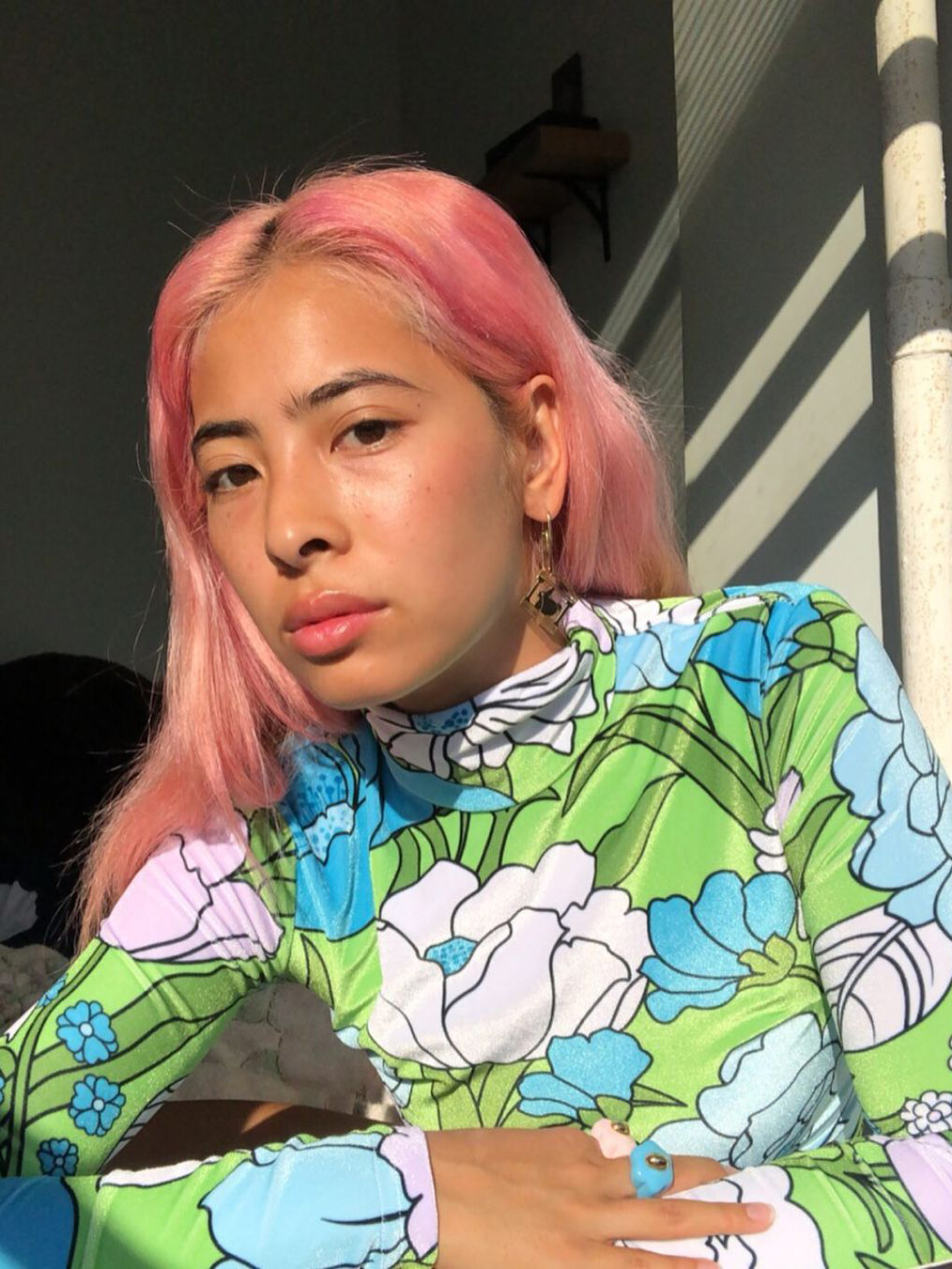
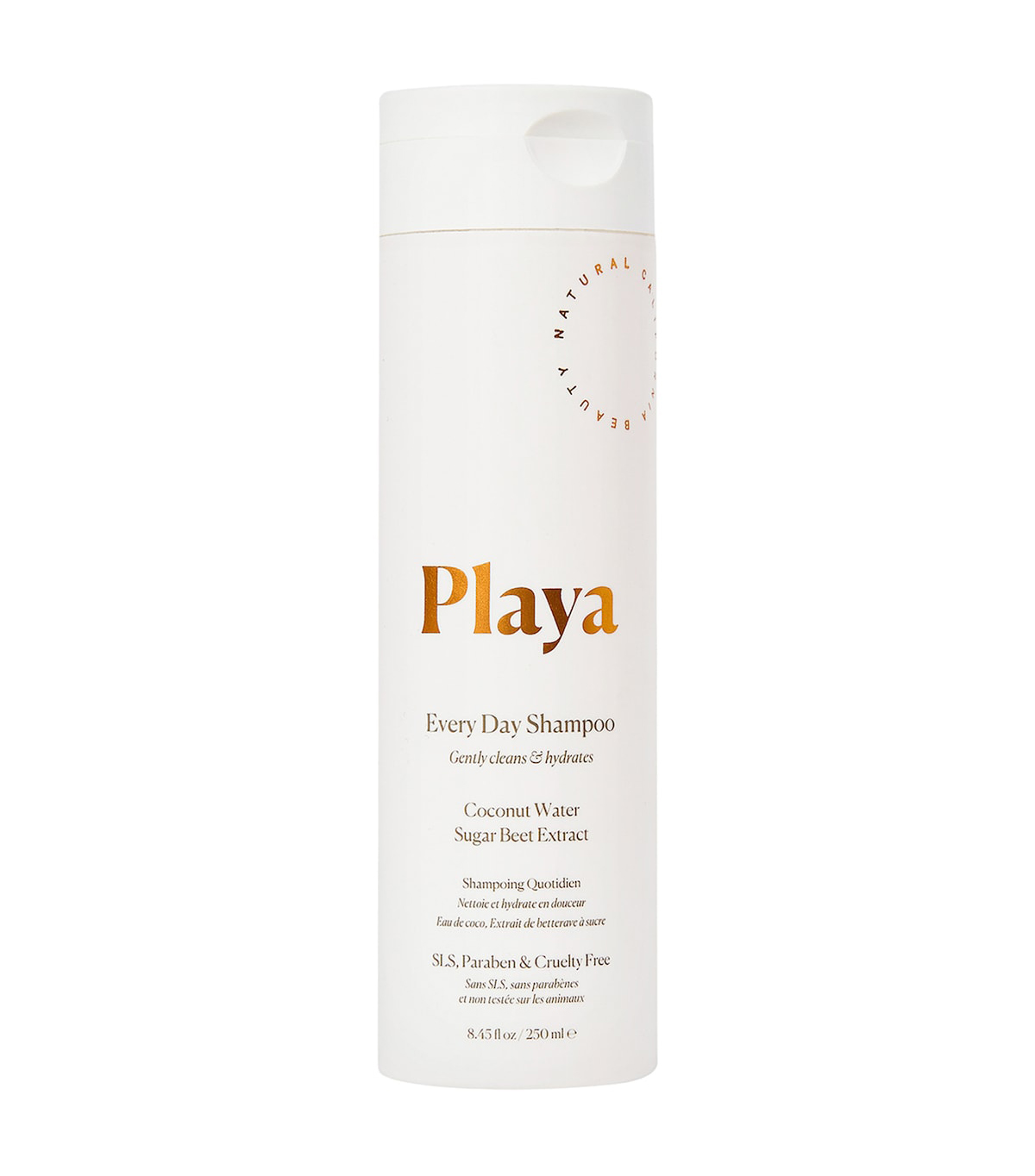
This hydrating shampoo is gentle enough to use every day without stripping the natural oils from your hair. It both detoxifies and stimulates your roots to volumize and encourage hair growth. The scent has notes of black coconut, orange blossom, fresh sandalwood, and pacific musk.
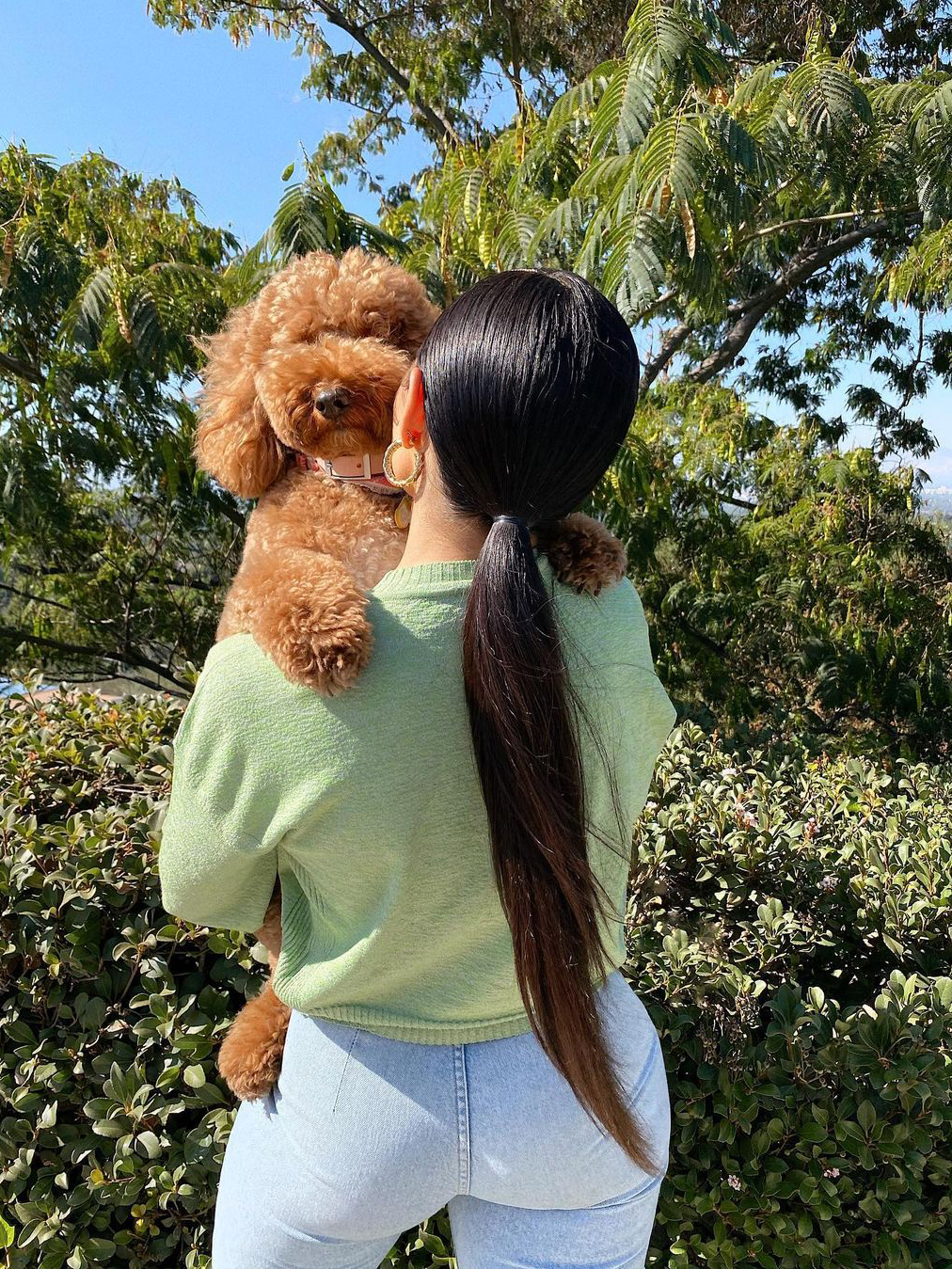
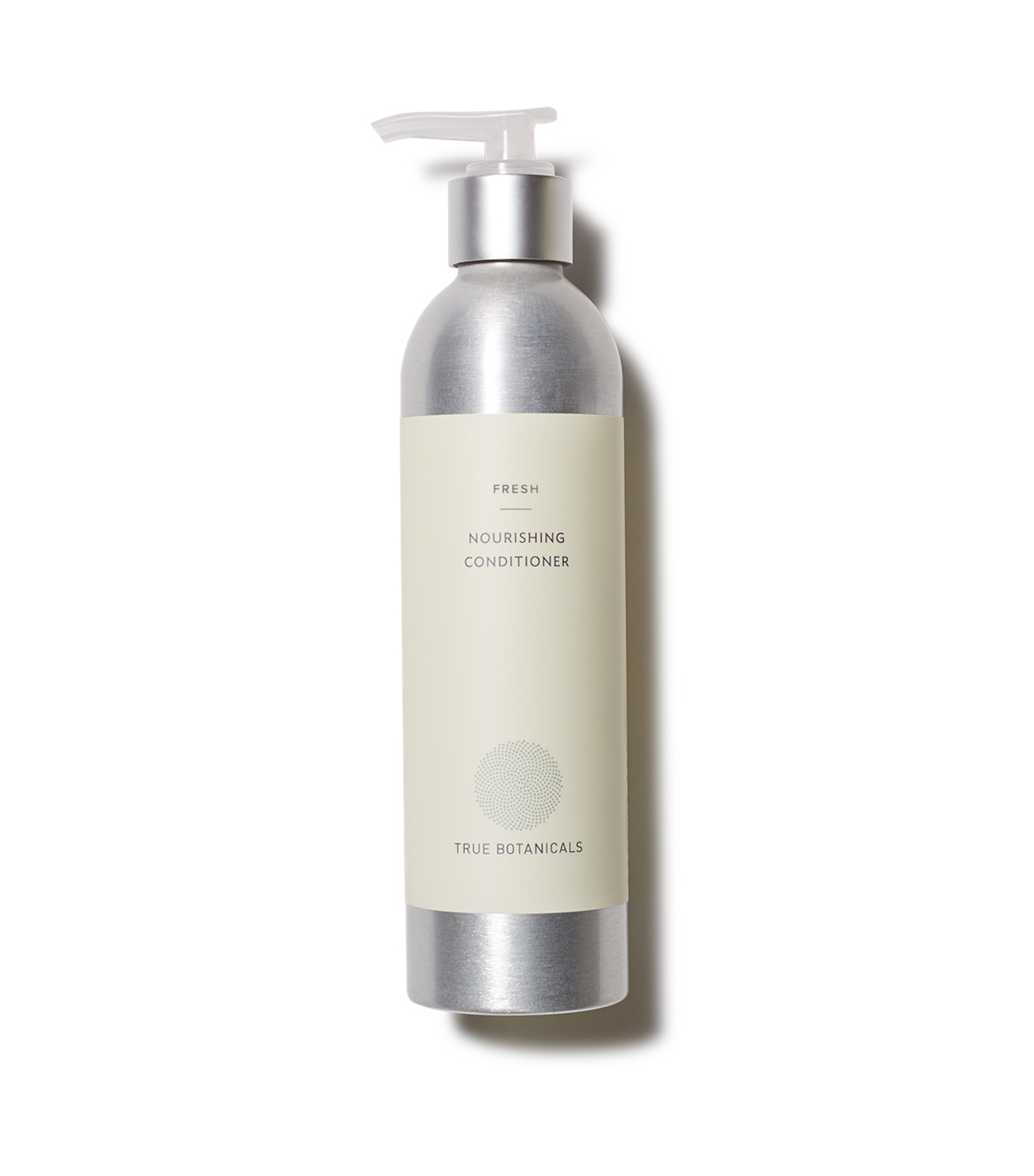
Pair the shampoo with its matching conditioner, which is formulated for all hair types. It leaves hair shiny and soft without weighing it down.
Next up, The 21 Best Hair Masks for Dry Hair
Sarah is lifestyle writer and editor with over 10 years of experience covering health and wellness, interior design, food, beauty, and tech. Born and raised in Los Angeles, she attended New York University and lived in New York for 12 years before returning to L.A. in 2019. In addition to her work at Who What Wear, she held editor roles at Apartment Therapy, Real Simple, House Beautiful, Elle Decor, and The Bump (sister site of The Knot). She has a passion for health and wellness, but she especially loves writing about mental health. Her self-care routine consists of five things: a good workout, “me” time on the regular, an intriguing book/podcast/playlist to unwind after a long day, naps, and decorating her home.
